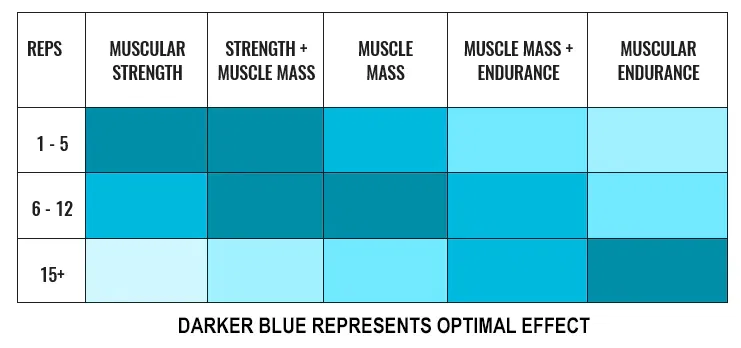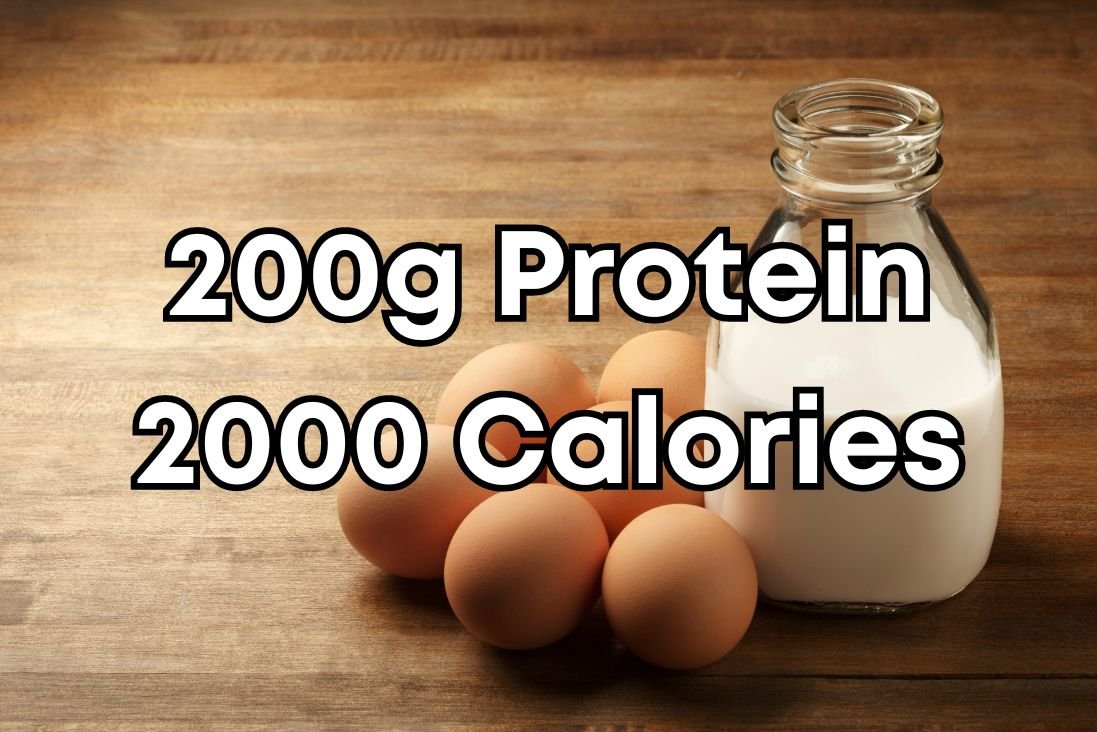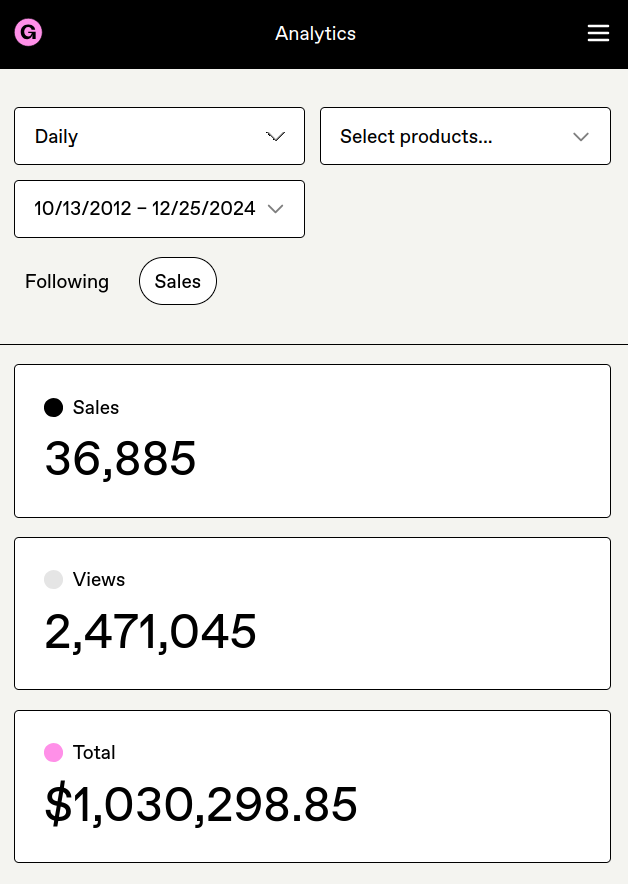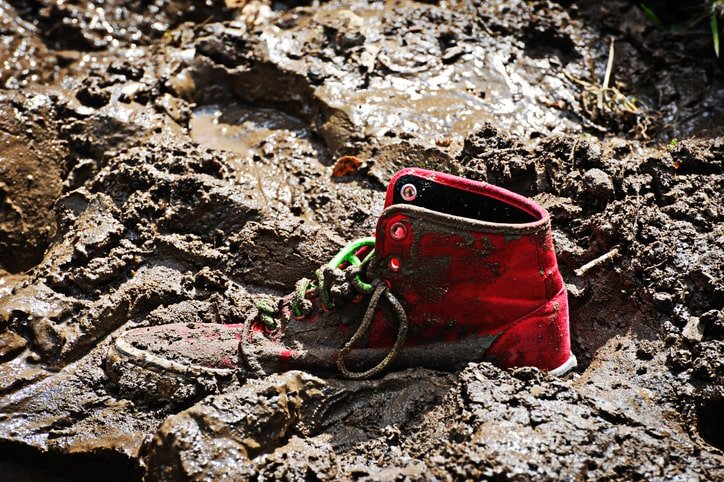In the previous part of this series, we talked about soy and phytoestrogens. In this piece, I want to talk about collagen.
The Benefits of Collagen Are Not “Settled Science”
Just like soy, the studies are mixed and the entire topic is very debatable.
Some say oral collagen supplementation does nothing, while others show that it does have some positive effects on skin elasticity and skin hydration.
At the same time the benefits appear to be fairly minor compared to what marketers proclaim.
In this piece, I’m going to give you my opinion on collagen and if and when it might be beneficial to use it. Again, my opinion is just my opinion and not “scientific proof” of anything. Future research could confirm or disprove what I write here.
Why Collagen is Pushed by Influencers
First of all, I want to set the stage of the conversation right. Most “influencers” don’t care about you. They’re trying to make money.
There are a handful of exceptions but they are rare and hard to come by. For example, I shut down my startup Repurpose Pie instead of selling it because I wanted to protect my anonymous customer’s privacy.
Most other people would have taken the $50k that was on offer (there were two potential buyers – one offered $15k in BTC and the other offered $50k in fiat).
Most influencers push collagen because it’s a very high margin product.
Collagen is very very very cheap. It is literally made from “waste” (the leftover skin and bones of animals).
You can buy collagen by the kilo for a couple of bucks and do the packaging in house or you can just buy fully ready to ship boxes (with your own label and packaging and customized formula) for about $6.

For comparison, this is what 12g marine collagen sells for on Amazon:

Rough math says about 80% margin on cost from China, which will reduce to around 40-50% after you take out shipping costs, Amazon selling fees, customer service costs, etc.
50% margin is pretty good especially when all you have to do is click a few buttons to order from Alibaba and make a few videos.
This is the MAIN REASON why collagen is everywhere and why everyone and their mom is trying to get you to buy it.
Just because influencers are pushing something does not make the product by itself bad. But it does mean that you have to take the claims they make about it with a grain of salt.
What is Collagen
Collagen is an incomplete protein found in several animal tissues like animal skin, bones, cartilage, etc.
It is the most abundant protein in mammals (∼30% of total protein mass).
There are no plant sources of collagen. It is only found in animal tissues.
Collagen is not essential which means that the body is capable of manufacturing collagen as needed and is not dependent on it coming from food sources.
Collagen mainly provides tensile strength and structure to some bodily tissues like skin, ligaments, blood vessels, etc. It is a trash protein source for building muscle because of its amino acid profile.
Collagen is trash for muscle building
Collagen is an incomplete protein and lacks tryptophan and is very low in leucine. Leucine is discussed in a previous part of this series.
The long story short is that it is garbage tier as a “protein source” as far as muscle hypertrophy is concerned. Collagen protein should not be counted towards your daily protein intake.
Anyone who tells you collagen is for muscle growth has no idea what they’re talking about or is trying to sell you something.
The benefits that collagen could give you are improved skin, joints, etc. Not improved hypertrophy.
Types of collagen
There are 28 known types of collagen, of which 5 are most common. Here’s a handy little table I got from AI. It’s not important to understand it so feel free to skip it.
| Collagen type | Major locations (examples) | Core function | Approx. share of total body collagen |
|---|---|---|---|
| Type I | Skin, bone, tendon, ligament, dentin, cornea | High tensile strength | ~85–90% |
| Type II | Articular cartilage, tracheal cartilage, vitreous humor, nucleus pulposus | Framework of cartilage; resists compression (with proteoglycans) | Not reliably quantified (likely low single-digits overall) Dominates cartilage specifically: ~90–95% of collagen in articular cartilage |
| Type III | Skin, vessel walls, bowel, uterus; early granulation tissue | Pliability; early wound-healing scaffold | ~5–20% (used simultaneously with Type 1 collagen) |
| Type IV | Basement membranes (epidermal–dermal junction, glomeruli, capillaries) | Filtration & scaffold | Not reliably quantified (minor overall) |
| Type V | Cornea, placenta, dermis; co-assembles with type I | Regulates type I fibril assembly/diameter | Not reliably quantified (minor overall) |
The essence is that the vast majority of collagen in the body is type 1 and type 3 collagen.
This whole “types of collagen” stuff is largely used for marketing purposes and doesn’t really matter that much. This is because of digestion.
How collagen is digested (why the type of collagen you eat doesn’t really matter)
Just like all other proteins, collagen is broken down in the gut into amino acids (technically short peptides of amino acids, but I want to keep this simple) and then absorbed into the bloodstream where it first reaches the liver.
The liver then releases the amino acids in some ratio as needed by the body (the exception to this being the BCAAs). If you have too much of some amino acids, the liver burns them off (hepatic metabolism). This is all already covered in previous parts of this series.
If you purchased a “hydrolyzed” collagen, it means that heat and enzymes were used to “pre-digest” (break down into short peptides) the collagen to some extent.
Similar to hydrolyzed whey protein isolate, it makes little difference except to the marketing and thus the price that can be charged to customers.
The body does not absorb collagen as is. It breaks it down into amino acids (short peptides) and absorbs those.
It makes no difference to the body if the amino acids came from type 1 collagen or type 2 collagen or type 3 collagen or whey protein or chicken or soy or milk or whatever else.
Collagen is not absorbed as collagen particles and then placed where they are needed. I hope no one is stupid enough to think that this is how the human body works.
Just because you ate type 1 collagen does not mean your body will now be forced to lay type 1 collagen in your skin. It’s just not how things work.
Something I’ve mentioned a few times in this series: An amino acid in the bloodstream is an amino acid in the bloodstream. There is no difference in a molecule of glycine (or any other amino acid) you get from chicken, fish, milk, legume, soy, grain, or whatever else. They are chemically and structurally identical.
The Main Problem With The Collagen Studies
There are various studies that show collagen is helpful for the skin, helpful in improving knee osteoarthritis cartilage, and helpful in recovering from ligament injuries.
The problem with all these studies is that they don’t control for protein intake.
If someone is eating 60g protein per day, and you give them 15-25g of collagen (hydrolyzed or gelatin or whatever), then you’ve significantly raised the amount of amino acids available to them and it makes sense that they’re seeing improvement.
But if you take the amount of protein that lifters go out of their way to eat (our recommendations here), does it still make a difference?
The studies just don’t account for this at all. Making them useless for drawing any real conclusions as far as lifters are concerned.
My take on collagen supplementation
A lifter at 80kg body weight will be eating about 200g protein per day. He’s going to get tons of every essential amino acid that food can provide. If he’s eating meat, he’s also going to get some collagen from his diet as well.
Would adding a collagen supplement to someone eating a high protein diet make a difference? I don’t think so.
I don’t have any research or studies to prove this argument, hence the disclaimer at the start of the article that this is my opinion and not exactly settled science.
At the very least, it seems logical that someone getting plenty of amino acids from their diet (which lifters go out of their way to make sure they do) is not going to see any real benefit by adding a few grams of an incomplete protein on top of it.
Addressing The Glycine Argument
The argument some people make is that whole foods are not rich in glycine (an amino acid that collagen is very rich in) and thus need the collagen supplement.
But glycine is not an essential amino acid. The body can make as much glycine as it needs under most situations (exceptions include situations like recovering from severe burns).
You don’t need to eat it specifically unless you’re on a very low protein diet. Vegetarians have no collagen sources in their diet and you don’t see them missing cartilage, do you?
The body makes glycine if you have enough of the essential amino acids, which if you’re following the protein recommendations of this series, you’re going to get plenty of anyway.
MOST LIFTERS DON’T NEED ANY COLLAGEN SUPPLEMENTS
Given that your high protein diet already provides you with tons of protein and amino acids, there is no need add a few grams of another incomplete source of amino acids to the list.
Collagen is far more expensive than any other dietary protein out there and the benefits just aren’t there.
In your case it will either make no difference at all or make a very minor difference not worth thinking about (and certainly not worth spending money and time on).
The only time I can see where collagen may be useful for a lifter
If you have some kind of ligament or tendon injury that you’re recovering from, and you have plenty of extra money in your pocket, I’d take the collagen.
I still don’t think it would help, but it can’t hurt and may have some benefits. Again much more research is needed.
This is more of a “it might help, and it can’t hurt, so let’s take it” type of situation.
Other considerations with collagen
Despite what I told you, if for whatever reason you do decide to take collagen supplements, here are a few things you need to be careful of.
Acne
Collagen seems to trigger acne breakouts in some people. There are no studies that show it but I’ve seen it happen many times.
Someone is acne prone or taking something that’s giving them some acne (like anabolic steroids) – they add collagen and the acne goes out of control.
If you decide to take collagen and you’re acne prone, I’d start with small amounts first to test your body’s reaction to it.
Kidney stones
Collagen contains an amino acid called hydroxyproline which your body can convert into oxalate. Oxalate crystallizes with calcium and forms the most common types of kidney stones.
Collagen paired with high doses of vitamin C seems to increase urinary oxalate even more.
Marine collagen seems to have less hydroxyproline than bovine collagen but it’s still there.
I’m not going to say that collagen causes kidney stones, but it does create an environment where it’s easy for kidney stones to form.
If you are prone to kidney stone formation, I’d avoid collagen supplements.
You’re the type of person for whom whatever minor benefits collagen might provide are tiny compared to the problems it can create for you.
That’s all I have to say about collagen.
I’m going to take a few weeks on hiatus from this series because I’m a bit burned out from writing so much about nutrition. There’s a whole lot more left to cover (metabolism, fatty acids, carbs, electrolytes, etc.) and I’ll do that when the series resumes.
– Harsh Strongman
| Title |
|---|








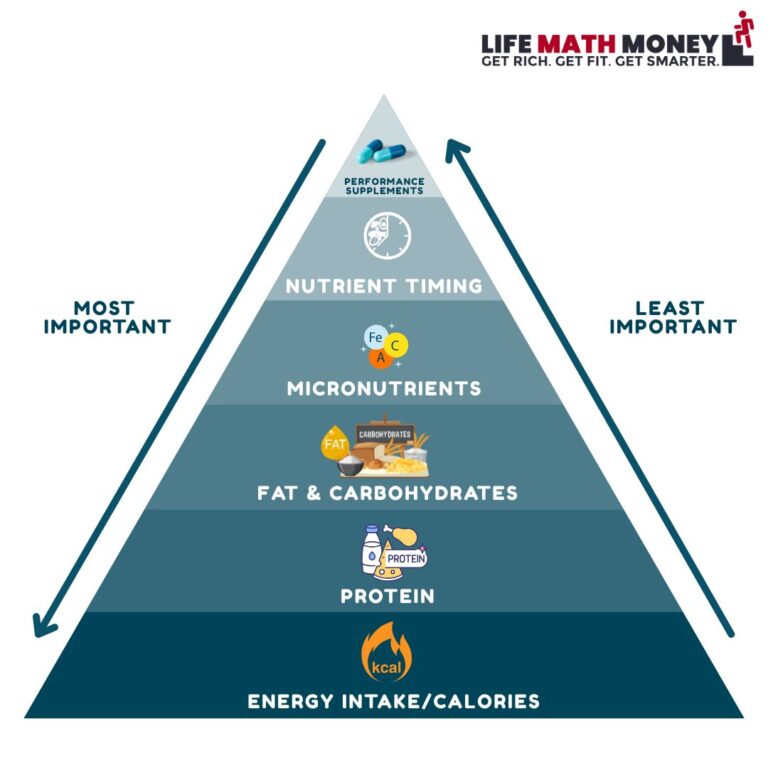

![Traits Women Find Attractive Traits Women Find Attractive (And How to Score Yourself) [PART 1: Physical Aspects]](https://lifemathmoney.b-cdn.net/wp-content/uploads/2025/11/Traits-Women-Find-Attractive-1.jpg)












